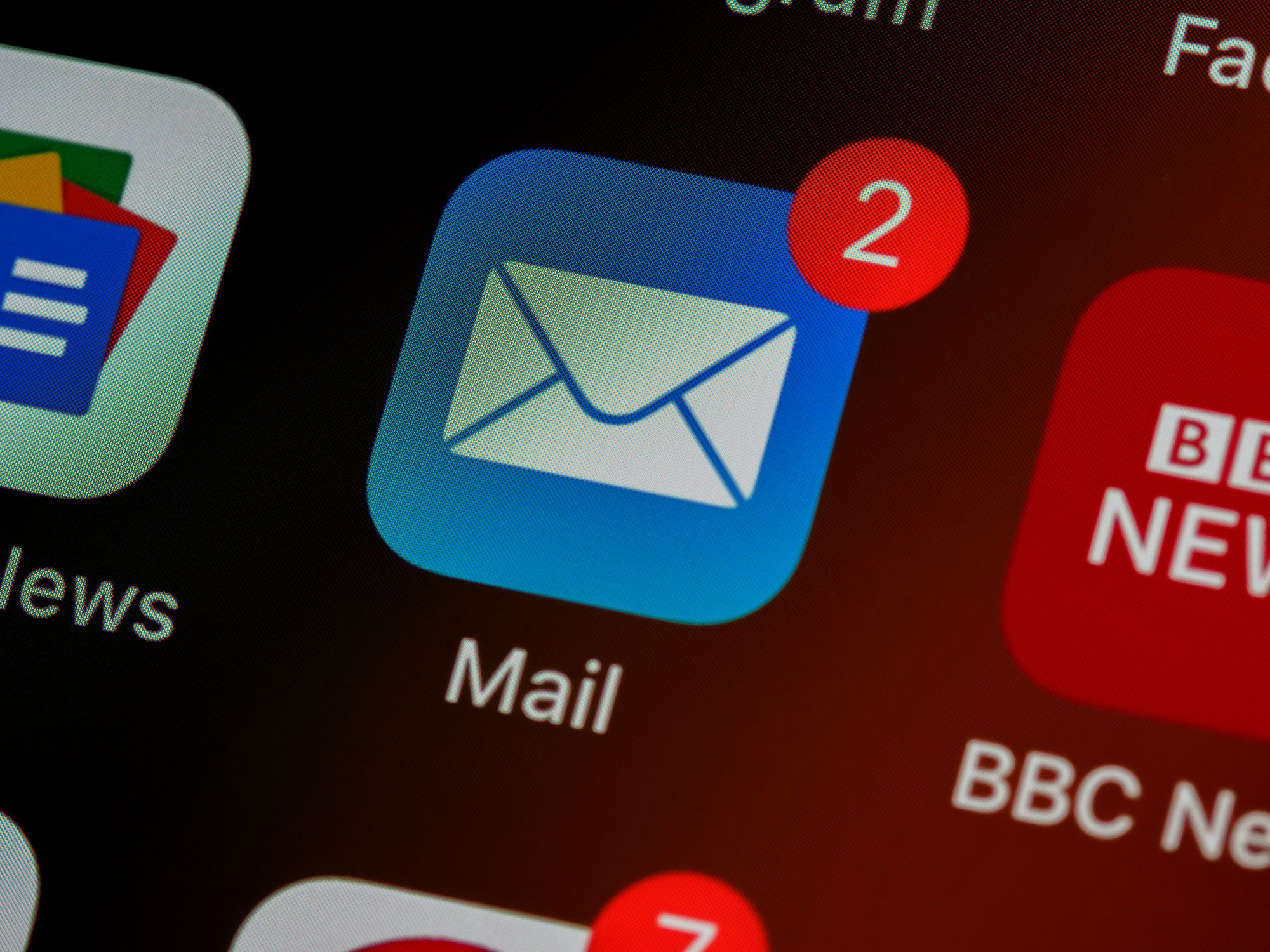In the digital age, email has become the backbone of communication, both for personal and business purposes. However, the rise in email-related threats, such as phishing and email spoofing, has called for enhanced email security measures. DomainKeys Identified Mail (DKIM) is one such authentication method that plays a crucial role in verifying the authenticity of email messages. As an expert on the topic, we will explore the ins and outs of DKIM, the significance of DKIM Email Checker, and how it empowers you to safeguard your emails from unauthorized alterations and ensure their credibility.
Understanding DKIM Email Checker:
DKIM Email Checker is a powerful tool designed to validate the DKIM signature of your email messages. DKIM is an email authentication method that adds a digital signature to your outgoing emails. This signature is then verified by the recipient's email server to ensure that the email originated from the purported sender and that it has not been altered during transmission. The DKIM Email Checker verifies the presence and validity of the DKIM signature, helping you ensure that your email messages are legitimate and have not been tampered with.
The Importance of DKIM in Email Security

Protecting Against Email Spoofing:
Email spoofing is a deceptive practice where malicious actors forge the sender's email address to trick recipients into believing that the email is from a legitimate source. DKIM helps combat email spoofing by providing a mechanism to verify the authenticity of the sender's domain.
Enhancing Email Deliverability:
Email servers and spam filters often consider DKIM-signed messages as more trustworthy and credible. As a result, emails with valid DKIM signatures are more likely to be delivered to the recipient's inbox rather than being flagged as spam.
Preventing Email Alterations:
DKIM signatures ensure that the content of your emails remains intact during transmission. If the email is altered or tampered with en route, the DKIM signature will fail the verification process, alerting the recipient to the potential threat.

How DKIM Email Checker Works
DKIM Email Checker performs a series of steps to verify the DKIM signature of your email messages:
Retrieving DKIM Signature: The tool extracts the DKIM signature from the email header.
DNS Query: DKIM Email Checker queries the DNS (Domain Name System) records of the sender's domain to retrieve the public key associated with the DKIM signature.
Signature Verification: Using the retrieved public key, the tool verifies the authenticity of the DKIM signature and confirms that the email has not been altered.
Validation Result: Based on the verification process, the DKIM Email Checker provides a validation result, indicating whether the DKIM signature is valid or not.
Actionable Insights: Additionally, the tool may offer insights and recommendations to address any issues related to DKIM authentication and email security.
How to Effectively Use DKIM Email Checker:
Regularly Verify Email Authentication:
Incorporate DKIM Email Checker into your email marketing routine to ensure that all your outgoing emails are DKIM-signed and that the signatures are valid.
Monitor and Address Issues:
Pay close attention to the validation results provided by the DKIM Email Checker. If any issues are detected, promptly investigate and resolve them to maintain email security.
Implement DKIM in Your Email Configuration:
If you haven't already implemented DKIM in your email configuration, work with your IT team or email service provider to set it up. DKIM plays a significant role in enhancing email security and deliverability.
Keep DKIM Records Up to Date:
Regularly review and update your DKIM records in the DNS to ensure that they accurately reflect your email authentication settings.
Conclusion:
DKIM Email Checker is a valuable tool in your arsenal for ensuring email security and authenticity. By validating the DKIM signatures of your email messages, it empowers you to protect against email spoofing, enhance deliverability, and prevent unauthorized alterations. Embrace DKIM Email Checker as a proactive measure to safeguard your email communication and establish trust with your recipients in an era where email security is paramount.
Commonly Asked Questions:
Q1. Is DKIM the only email authentication method?
A1. No, DKIM is one of the email authentication methods. Other methods include SPF (Sender Policy Framework) and DMARC (Domain-based Message Authentication, Reporting, and Conformance).
Q2. Does DKIM guarantee email delivery to the inbox?
A2. While DKIM enhances email deliverability, it does not guarantee delivery to the inbox. The success of email delivery also depends on factors like sender reputation, content, and user engagement.
Q3. Can DKIM prevent all forms of email threats?
A3. While DKIM adds a layer of security, it is just one component of a comprehensive email security strategy. Combining DKIM with other authentication methods and security measures provides better protection against various email threats.
Q4. How often should I check DKIM signatures using DKIM Email Checker?
A4. It is advisable to check DKIM signatures regularly, especially after any changes in your email configuration or DNS settings.
Q5. Can DKIM Email Checker help me troubleshoot email deliverability issues?
A5. Yes, DKIM Email Checker can provide insights into DKIM authentication and potential issues that may affect email deliverability. However, for comprehensive troubleshooting, it is essential to consider other factors that influence deliverability as well.
Q6. Can I use DKIM for all types of email accounts, including personal emails?
A6. While DKIM is widely used in business and marketing emails, some personal email providers may not support DKIM authentication. It is more commonly employed in business and professional email setups.

